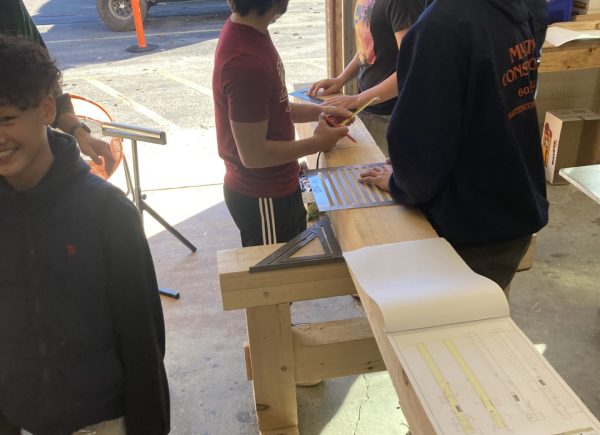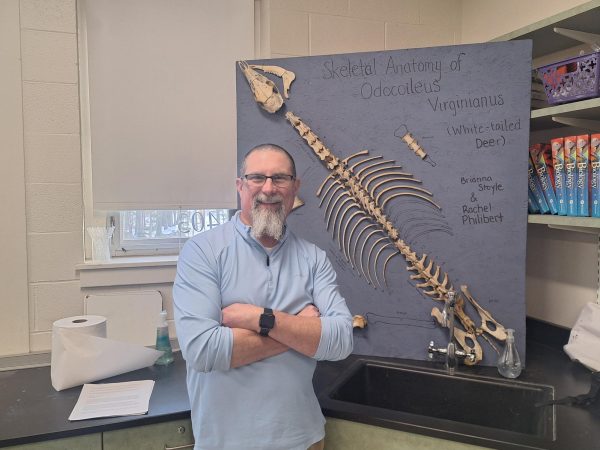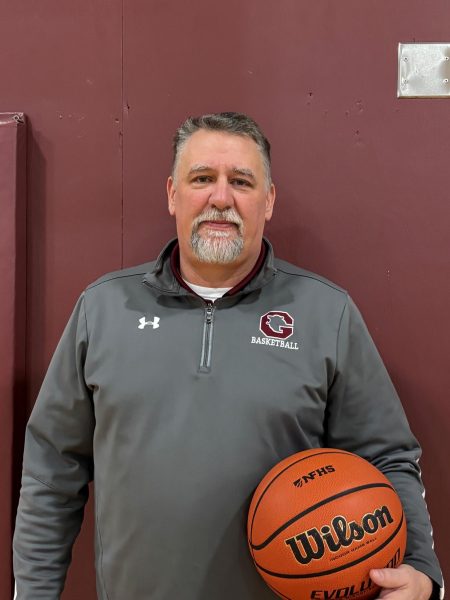A Boy of a Different Body
“Second grade. All of my toys were Hot Wheels and action figures, and I would refuse to wear anything that was pink,” Alex of Dover reflects on his mismatched childhood. As a young kid he would tell his mom that he was half boy, but in hindsight realizes that she didn’t fully understand. Alex wasn’t the typical tomboy just wanting to fit in with the boys in the neighborhood… he truly felt from a young age that his soul greatly opposed his anatomy.
“In elementary school I knew in my head that I was a boy, but my body just… wasn’t.” He preferred his sisters call him “Alex” instead of his birth name whenever they played games together. Any chance he could get to be Alex he would take it. He says the name always stuck out to him. Growing up, the lead singer of his favorite band was Alex, the main character in his favorite book was Alex… “ultimately it just seemed like the right choice.” He hopes to very soon legally change his first name to Alexander.
At 18, Alex currently works as a dietary aide at a nursing home, and he describes it as the most stressful job he’s ever had. Despite this, he says that being able to help the residents and make a difference for them gives him a strong sense of purpose. “Luckily the company I work with has a lot of good policies… I get to go by my preferred name and people use the right pronouns. All of my coworkers are pretty respectful and they rarely misgender me, which is huge.”
All of his friends know him as Alex, but his family still uses his birth name, as they don’t know about his gender transition. He says it feels like living a double life. “I feel like I have to hide my whole life from my family and it’s just distancing me because I can’t be who I am around them. And I don’t know if coming out to them would make it worse or not.”
As much as Alex loves his family, being around them pulls him further from who he is when they refer to him as “she”. This constant misgendering is a lot for someone to handle, but to Alex it’s worse when a stranger doesn’t see him for the gender he’s striving to appear as, both aesthetically and manneristically. “Sometimes I hear ‘Is that a boy or a girl?’ or “What is that?’ I guess being called an ‘it’ is just an awful feeling.”
Alex parallels this feeling with something a bit more relatable: “It feels like… I’m a little kid again, and I’ve spent weeks and weeks making my own costume, and I thought it was the best looking costume… and then everybody always asks me what it is and I feel like it’s so plain and simple to see. But no one else can see what I actually am.”
As a transgender adult, Alex struggles to feel like himself every day, especially in public. Every little trip to the bank is a knife plunging at his confidence when the woman behind the counter greets him with his legal name. But to him this is nothing compared to the discomfort of using public restrooms. “It’s the one place in public where, being trans, you really stand out. Either bathroom I go in I get weird looks.”
As these degrading encounters in public are hard for Alex to cope with, he knows that they aren’t intentional. However, Alex has been purposefully treated unfairly a handful of times by people who never quite gave him a chance. “They just have these misconceptions in their heads that it’s a choice or something… that I just want to be a boy instead of a girl. Those are the same people that think being gay is a choice. It’s not something that I feel sometimes or every few days, it’s every second of every day that I feel like I’m trapped. I guess I just want people to realize how much suffering I already have to go through before they decide to add to it.”
In many cases, the dysphoria that comes with being transgender leads to depression, anxiety, and/or eating disorders. Alex traces his eating disorder back to puberty… “I felt really uncomfortable with how my body was changing, so I’d go a long time without eating food to avoid gaining weight.” He explains how it’s often very difficult for him to eat because his body will, at some points, physically feel sick after eating. He sometimes goes through periods of not eating so much as one meal over the course of two or three days because of this disorder.
Alex says that it’s a lot easier for him to eat when he’s with friends, because they can distract him. Most of his support he feels he can credit to his friends and his girlfriend. “Friends are really important. All of my friends are really understanding. And being with my girlfriend makes me feel like who I really am… that’s the most support I could ever have.”
At some point in the near future, Alex will be taking a huge step in his gender transition by starting the process of taking hormones. He says that although transitioning from a female to male is a lot easier on the body than vice-versa, it isn’t going to be easy at all.
“I would start getting a deeper voice… that’s the first effect of testosterone. Then I would go through menopause. Usually it’s about a year before you start growing a lot of facial hair.” It’s a very long process, and Alex explains that over time the extra hormones tend to take their toll on the liver. Alex is aware of the downfalls and potential dangers of taking hormones, but he remarks with a blunt “but then again it’s just the price I’ll have to pay to be myself.”
When asked if he would take the opportunity to be reborn as a male if he had it, Alex’s eyes moved around the room as he said, “If I think about it, my first reaction would be yes because I could live a life without having to be so uncomfortable every day. But being trans has given me a whole different perspective on life… I don’t see people as genders, I just see them as people.”

Abby is 17 years old and along with sleep, writing is something she absolutely couldn't live without. Abby is a total music hound; she loves pretty much...









Gabe • Mar 15, 2017 at 9:21 pm
Great article! Nice to have some representation. Alex is an awesome guy and I’m glad he got to share his story.